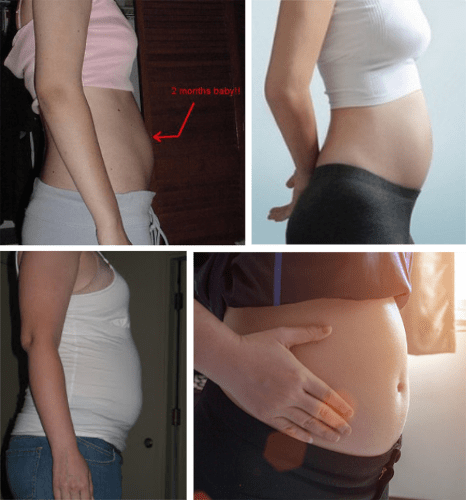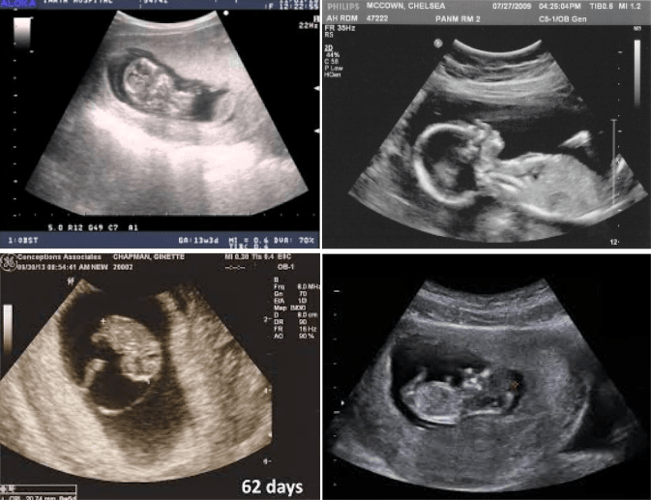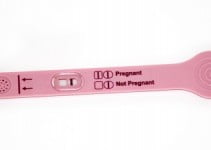Are you pregnant? If yes, you might be approaching or in your second month and want to know what to look forward to in terms of physical changes. Well, you have come to the right place as this article will tell you what to expect in the second month of pregnancy.
During this time of pregnancy, you will experience physical changes or symptoms which are similar to the first month. This includes symptoms like nausea, fatigue, dizziness, food aversions or cravings, mood swings, and frequent urination. Your breasts will grow larger with small nodules appearing on the areola and your nipples becoming more prominent.
You could start to develop several other symptoms such as a slight white vaginal discharge. Hormone levels will increase and might cause acne breakouts. On the other hand, you might notice that your skin clears up towards the end of the second month to give you the well-known pregnancy glow. You might also notice that your nose is very stuffy, your gums are softer and your hair is less manageable. Pregnancy hormones can make your intestines work less efficiently, which will cause constipation. The best way to avoid constipation is to drink a lot of water and add high fiber foods to your diet.
You will notice that your abdomen starts to swell slightly, with your uterus size more like an orange and is still hidden in your pelvis. The corpus luteum within the ovary will continue to secrete progesterone hormone in the second month. Blood circulation will also increase in order to meet the requirements of your unborn baby. This increase in blood flow will make you feel warmer.
Baby’s Development in the Second Month of Pregnancy
This month is very critical in the baby’s development and any disturbance from viruses, drugs, or environmental factors can cause birth defects. Your baby’s pancreas, stomach, liver, lungs, and nervous system will develop significantly. Sensory organs such as the ears, optic nerve, tongue and the ending of the nose will continue to develop and can only be seen through ultrasound scan. The first muscles, which allow the baby to move, plus the kidneys and spine, will start to take shape. Your baby’s heart will have only two chambers, one on the right-hand and the other on the left. The embryo will weigh 1.1g and measure around 3 cm at the end of the second month. Your baby will start to move gently, but you won’t be able to feel it.

Medical Visit: What to Expect In the Second Month of Pregnancy
It is during this month that you might go for your first medical checkup. From this time until the ending of your second trimester, a doctor’s visit is recommended once for each month. In your second month of pregnancy, your healthcare provider is going to ask a lot questions about your medical and health history, the medical history of your family, and perhaps your job in order to identify potential risks.
In addition, your healthcare provider will do several routine tests since this is the first medical visit. These include:
Blood and urine tests to confirm your pregnancy as well as to check for specific conditions which could have an effect on your pregnancy. The urine testing will also be performed to check for the presence of sugar and protein. Sugar will indicate diabetes and protein is a possible indication of kidney problems or hypertension. Routine blood testing will be done to evaluate iron and hemoglobin levels; immunities, particularly to chicken pox and rubella; infectious diseases such as hepatitis B or HIV; genetic disorders such as thalassemia or sickle cell anemia, and more.
Pap smear testing to spot abnormalities in the cervix, and swab to check for infections.
Pelvic examination test to confirm pregnancy as well as check for cysts, and examine the pelvic bones, cervix, and vagina;
Checking blood pressure levels;
Measuring your weight and height. You could gain around 0.5 to 1 kg of weight each month during the first trimester or even lose some weight if you are experiencing morning sickness;
Palpating or pressing your abdomen in order to feel the top part of your uterus.
In addition to the above, your healthcare provider might give you the option to undergo a nuchal translucency measurement testing. Conducted usually at ten to fourteen weeks of pregnancy, the doctor will use ultrasound to measure the fluid space that is at the back of the baby’s neck. This result along with your age and the levels of hormone in your blood will be used to determine if your baby is at risk for a chromosomal abnormality.
You can consult your health care provider if you have any questions and want to know more about what to expect in the second month of pregnancy. In the meantime, you should be following good prenatal habits daily such as eating healthy and taking prenatal vitamins. Now is also a good time to stop drinking alcohol and smoking if you have not done so already.
Belly Pictures in 2 Month Pregnancy
Here is how a belly might look like in the 2nd month of pregnancy

Ultrasound in 2 Month Pregnancy





I had an abortion in February for non-health reasons. I have been trying to fall pregnant since then. Now my pelvic area is growing and my breasts are swollen. I did a couple of urine home pregnancy tests, they all are negative yet I still feel pregnant. What could be wrong?
You need to see an OBGYN to determine the reasons for the pregnancy related symptoms.